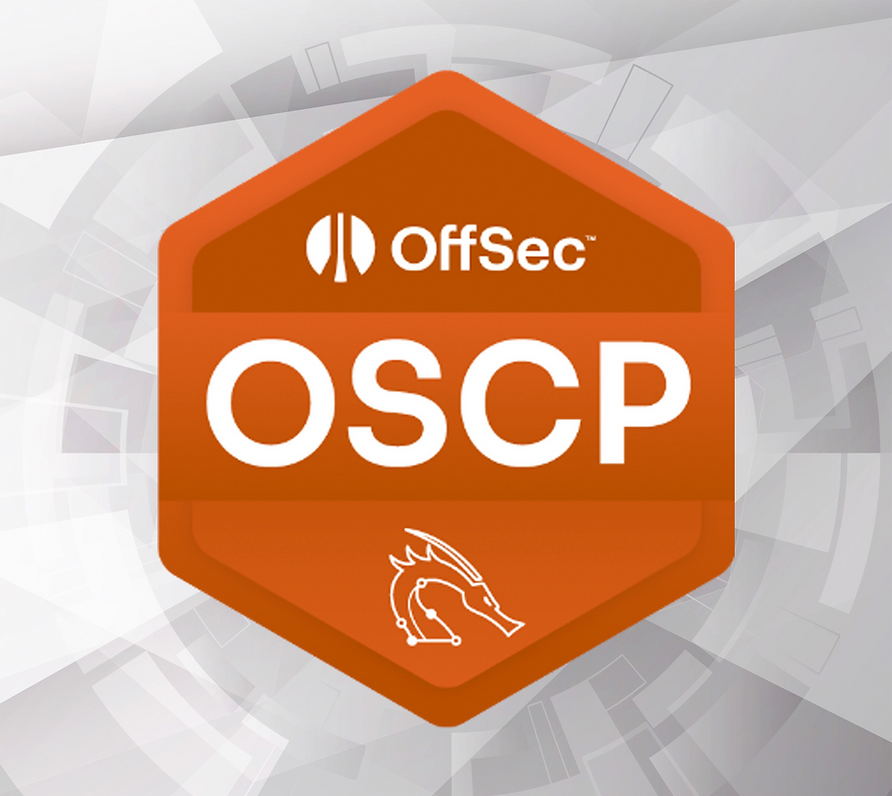
The Offensive Security Certified Professional (OSCP) certification is one of the most respected and challenging credentials in the cybersecurity industry. It requires candidates to prove their ability to think critically, solve problems, and exploit vulnerabilities in real-world scenarios. If you’re preparing for the OSCP, you know that it’s not just about memorizing commands but truly mastering offensive security techniques.
In this blog, we’ll share 12 essential tips to help you succeed in the OSCP exam and achieve your certification.
Before diving into preparation, it’s essential to understand the structure of the OSCP exam. The exam is 24 hours long and involves hacking into five machines with varying difficulty levels. You’ll need to gain root or administrative access to score points, and a report must be submitted detailing your findings. Knowing the format will help you pace yourself during the exam.
The Penetration Testing with Kali Linux (PWK) course is designed to prepare you for the OSCP. It covers topics like buffer overflows, privilege escalation, and exploitation techniques. Make sure to go through every exercise in the lab guide and apply the concepts in real-world practice. This will give you the foundation needed to pass the exam.
The OSCP labs are your playground for honing your skills. With over 50 machines to hack, these labs mimic real-world scenarios and give you hands-on experience. Spend as much time as possible in the labs, targeting every machine, and trying different attack vectors. The more machines you compromise, the better prepared you’ll be for the exam.
Good documentation is crucial not only for the exam but for your career as a penetration tester. During the OSCP exam, you’ll need to write a detailed report on how you compromised each machine. Practice documenting your steps, including commands used and screenshots, as you work through the labs. This will help you on exam day when you need to write your report under time constraints.
Enumeration is a critical step in penetration testing and the key to success in the OSCP exam. Make sure you thoroughly enumerate each target machine by using tools like Nmap, Nikto, and Gobuster. The more information you gather, the more likely you’ll find vulnerabilities to exploit.
Getting user-level access is just the beginning. You’ll need to escalate your privileges to root or administrator to score maximum points in the OSCP exam. Practice both Linux and Windows privilege escalation techniques. Tools like LinPEAS and WinPEAS can help you identify potential escalation vectors.
Buffer overflow exploitation is a critical part of the OSCP exam. Make sure you understand how to identify, develop, and exploit buffer overflows. Tools like Immunity Debugger and Mona can assist in writing buffer overflow exploits. This skill will help you on at least one of the exam machines.
During the OSCP exam, time management is crucial. You’ll have 24 hours to complete the hacking and reporting process. Make sure to pace yourself—don’t spend too much time on one machine. If you’re stuck, move on to another target and come back later.
Taking good notes is essential, both in the labs and on exam day. Tools like CherryTree or Notion can help you organize your findings. Document every step, command, and output, as it will be crucial for your exam report and for troubleshooting if you get stuck.
There are many public resources available to help you prepare for the OSCP, including blogs, walkthroughs, and forums. Websites like VulnHub, Hack The Box, and TryHackMe offer additional machines to practice on. These resources provide valuable insights and practice that go beyond the PWK labs.
The OSCP exam is mentally and physically demanding. Make sure to schedule breaks to avoid burnout during the 24-hour exam. Taking short breaks can help clear your mind and improve your focus when you return to the challenge.
The OSCP is designed to test your persistence and problem-solving skills. You may get stuck during your preparation or even during the exam, but don’t give up. Keep learning, experimenting, and asking for help when necessary. The skills you build during this process will make you a better penetration tester, even beyond the OSCP.
Passing the OSCP certification is a challenging but rewarding accomplishment that requires dedication, persistence, and hands-on practice. By following these 12 tips—ranging from mastering the PWK course materials and labs to sharpening your enumeration and exploitation skills—you’ll be well-prepared for the exam. Remember, the OSCP is not just about hacking into machines; it’s about developing a structured approach to penetration testing and continuously learning throughout the process.
With hard work, focus, and the right preparation, you’ll be on your way to becoming an Offensive Security Certified Professional!